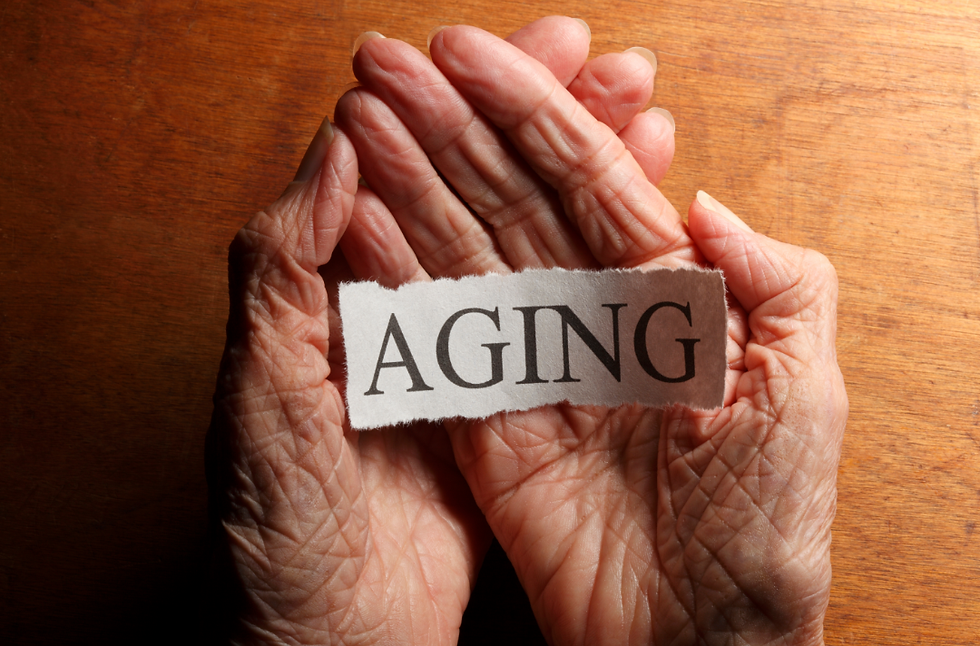Physiotherapy For Frozen Hip
- Carlona Nazareth

- May 2, 2025
- 2 min read
Frozen hip, also known as adhesive capsulitis of the hip, is a condition where there is pain and reduced mobility due to inflammation and thickening of the joint capsule of the hip joint. The tissues around the hip joint thicken, causing stiffness and pain. This pain can be felt in the buttocks as well as the groin and can radiate to the thigh.
This condition happens on a sudden onset without a previous injury, and it can subside completely within one to three years.

Stages Of Frozen Hip:
1. In this stage, some changes are seen in the hip joint cavity and symptoms cone over one to three months, including pain moving the hip, aches at rest, and limited activity due to hip motion, especially moving the leg away from the body.
2. In this stage, known as the freezing stage, there is increased pain and limited range of motion, and discomfort even at night.
3. In this stage, known as the frozen stage, there is a further reduced range of motion and pain over a long period in the hip joint
4. This last stage has reduced pain and reduced mobility of the hip, which has been over a year, and daily activities are limited drastically
The diagnosis of frozen hip can be done with a clinical history, physical examination, along with an X-ray and an MRI to rule out other underlying conditions which could cause similar symptoms.
Treatment And Prevention:
Depending on the stage at which a patient is in with frozen hip, the treatment can vary. in the first two stages, there is more focus on pain management and range of motion exercises given to the patient.
In the latter two stages, there is more focus on slowing the progression of the changes on the hip joint with stretches and range of motion exercises that are given to the patient
Pain-relieving techniques are given, which could also include massage therapy, heat therapy. using pain-reducing modalities and manual manipulation. Home exercise programs and educating the patient on how to walk, sit to stand, climb stairs, and perform their daily activities are done during physiotherapy.
Along with this, for the symptoms, corticosteroid injections, use of anti-inflammatory medications can be suggested based on the severity of the condition, or a capsulectomy can be done.
To prevent a frozen hip, one needs to maintain a healthy lifestyle with regular exercise, stretching, and a balanced diet, along with addressing underlying conditions and injuries before they worsen.



Comments